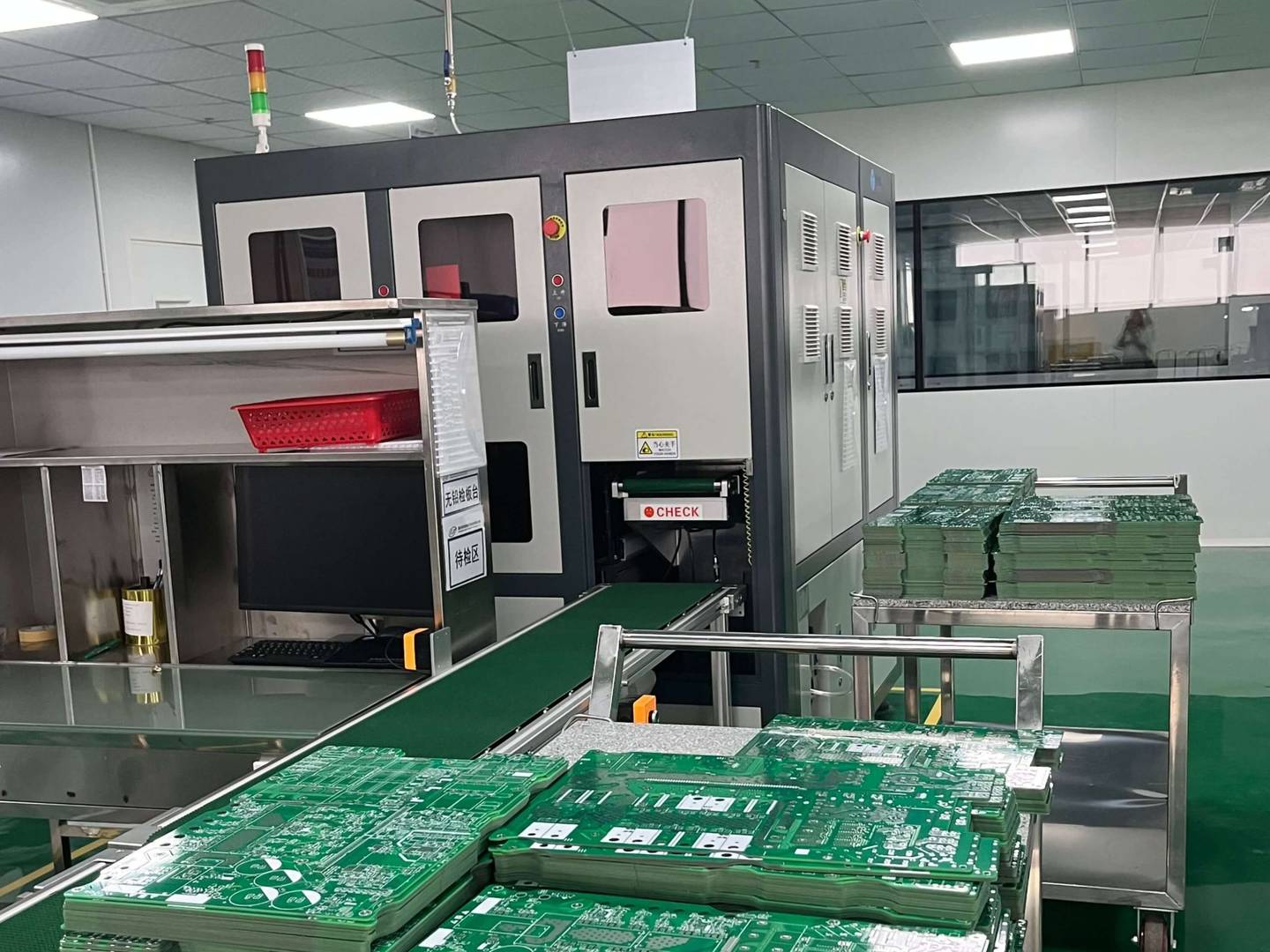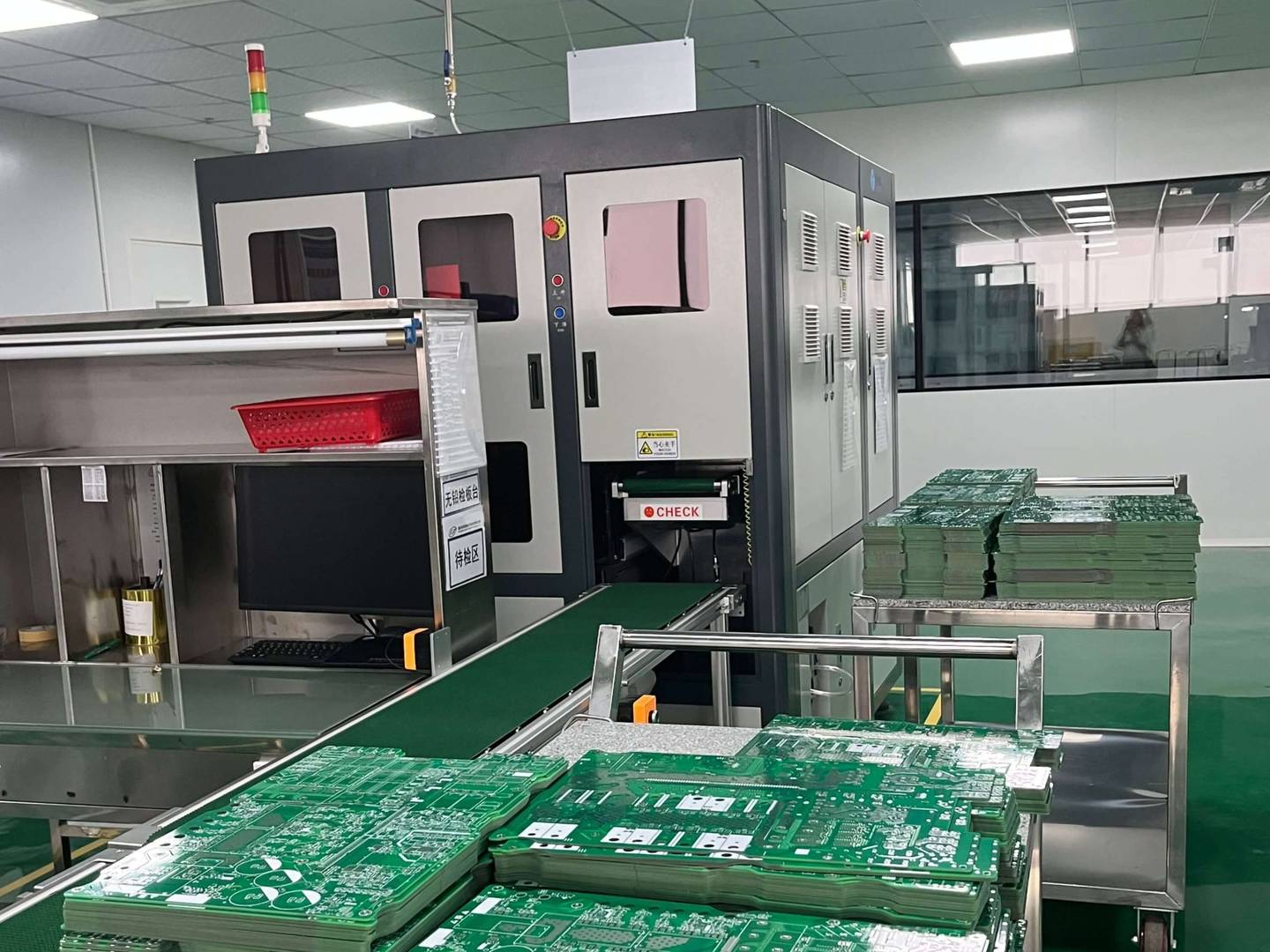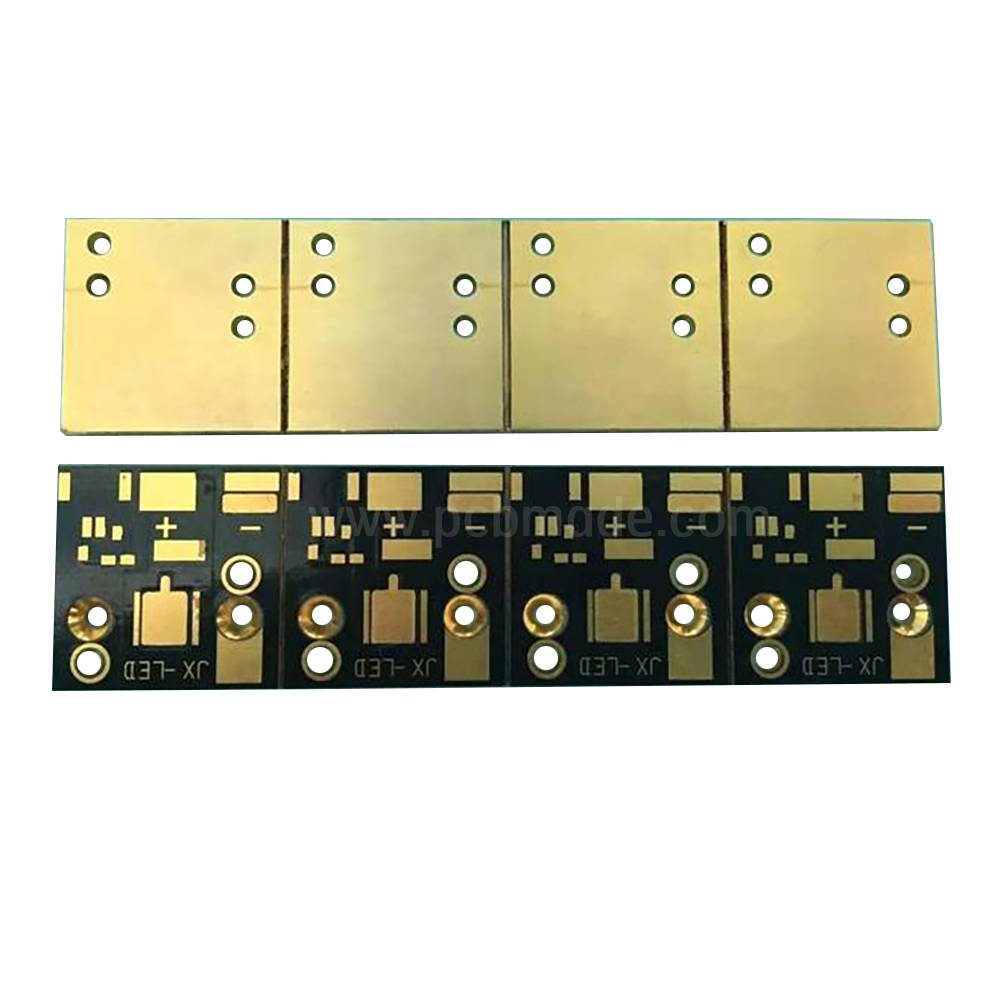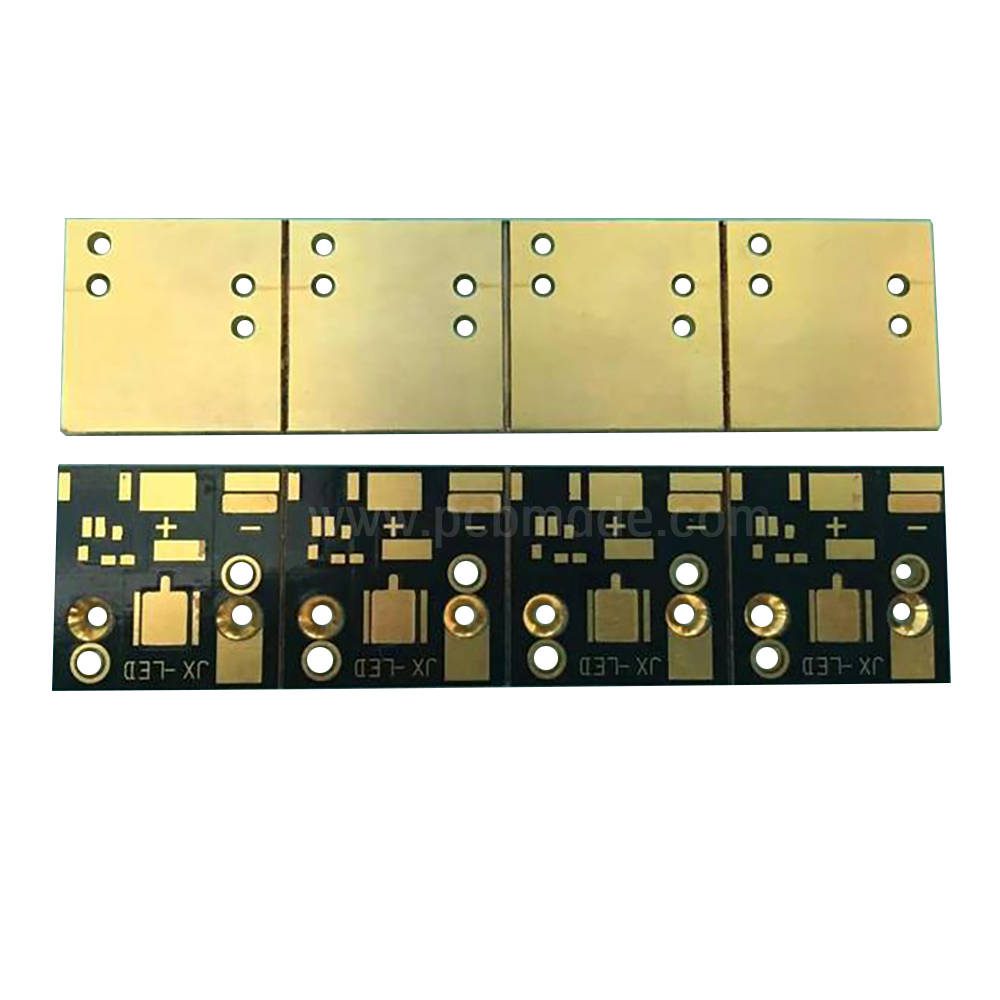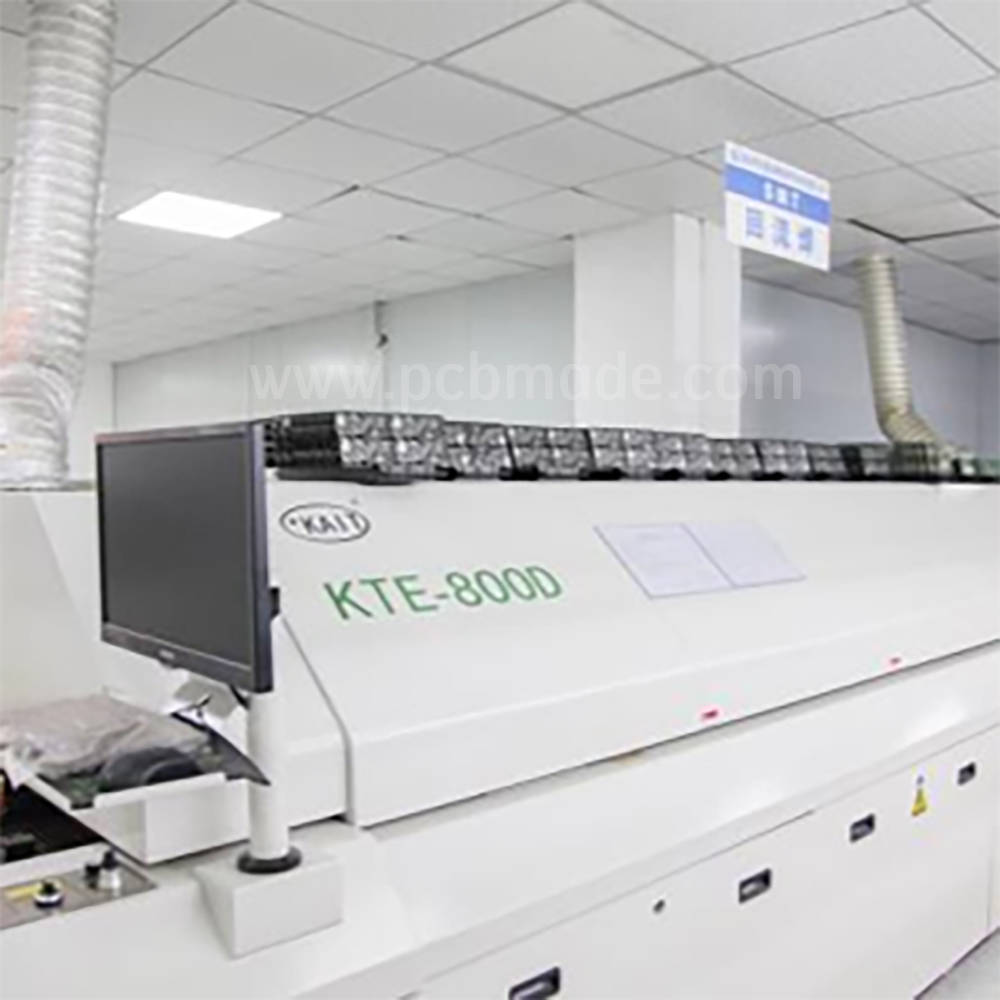1. ISO 9001 Quality Management System Certification: This is a globally recognized quality management system certification standard that requires companies to establish and maintain a scientific and standardized quality management system to ensure that the quality of products and services meets customer needs and legal requirements.
2. ISO 14001 Environmental Management System Certification: This certification standard requires companies to establish and maintain an effective environmental management system, comply with the treatment of environmental pollutants such as wastewater, exhaust gas, and solid waste, reduce negative impacts on the environment, and promote the effective utilization of resources.
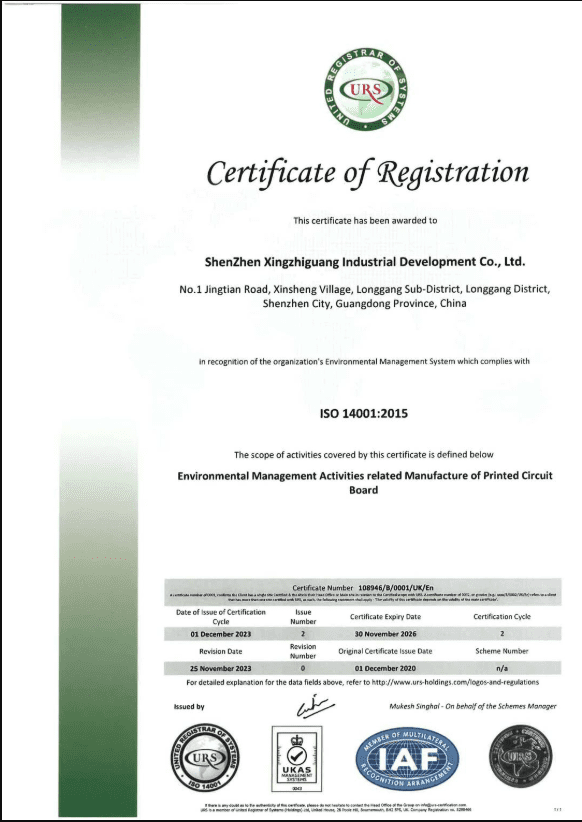
3. UL certification: Underwriters Laboratories (UL) is a well-known safety certification organization in the United States. UL certification mainly focuses on the safety of electrical and electronic products, and ensures their compliance with relevant safety standards and requirements through testing and auditing.
4. IPC certification: IPC is the International Electronics Industry Association, whose certification mainly targets the electronic manufacturing industry, including PCB manufacturing, assembly, soldering, and other processes. IPC certification aims to ensure that a company’s processes and production comply with industry standards, improving product quality and reliability.
5. RoHS certification: RoHS (Restriction of Hazardous Substances) is a directive issued by the European Union, which requires the restriction of the use of hazardous substances such as lead, mercury, cadmium, etc. in electronic and electrical products. By obtaining RoHS certification, companies can prove that their products meet environmental requirements and are harmless to the environment and human health.
The above are some common certification contents and requirements for PCB manufacturers, and there may be other specific certification standards in different countries and regions. When choosing a PCB manufacturer, it is recommended to pay attention to whether they have relevant certifications to ensure product quality and compliance with regulatory requirements.


